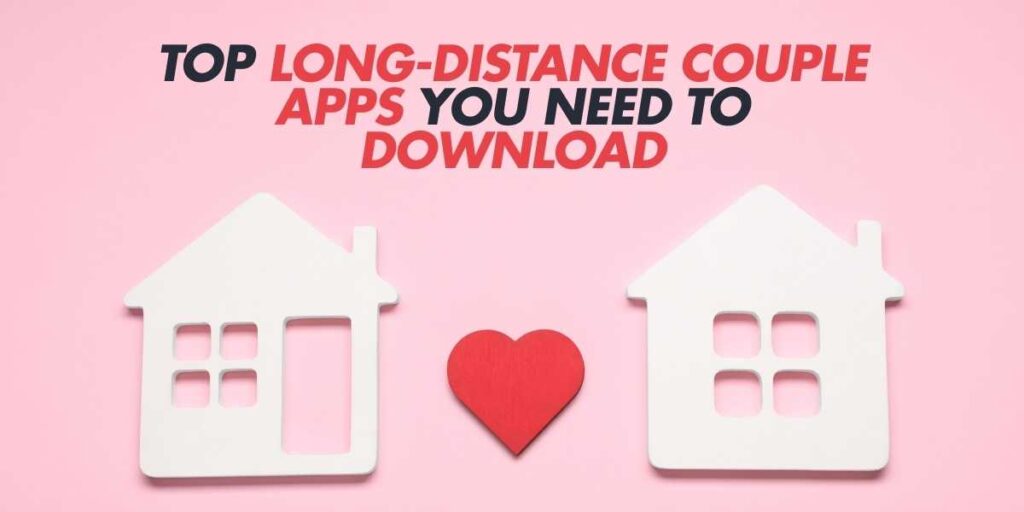Responding to an ex who inquires about how you are doing can be a daunting task. Whether it’s out of genuine concern or a subtle attempt to resurface in your life, knowing how to answer this question thoughtfully is crucial. Here, you’ll learn strategic ways to navigate these situations with grace and consideration.
Why Your Ex Might be Reaching Out
An ex popping up with questions about your well-being can hold myriad meanings. Perhaps they’re feeling nostalgic, hoping to reconnect, or merely being friendly. It’s important to assess the intentions behind their message before responding. Understanding these motives will guide you in choosing the right response.
1. Nostalgia and Closure
Sometimes, exes reach out because they miss the past or are seeking closure. Responding with emotional intelligence can turn an awkward exchange into a meaningful one. A response like, “I’ve learned a lot since we parted,” fosters a productive and mature conversation.
2. Genuine Concern
If their concern seems sincere, a gracious response could be, “I’m doing well, thanks for asking. Hope you are too.” This maintains civility and keeps the dialogue open without rekindling old emotions unnecessarily.
Acknowledging Your Feelings
Before formulating your response, take a moment to reflect on your emotions. Are there any unresolved feelings or is the chapter truly closed for you? This introspection helps in framing a response aligned with your current emotional state.
Crafting Your Response: Best Practices
- Remain Neutral: A neutral and diplomatic reply like “I’m fine, thank you” avoids misconceptions.
- Set Boundaries: If interaction isn’t desired, a clear boundary-setting response is crucial. For instance, “Focusing on different parts of my life now and prefer no communication.”
- Inject Humor: Humor can diffuse tension. “Still waiting on that lottery win, how about you?” demonstrates lightheartedness.
Handling Persistent Exes
If their contact is persistent and unwelcome, kindly reinforcing boundaries is essential to preserving your peace. A response like, “I appreciate the message, but I’d like to move forward independently,” can help maintain distance.
Turning Conversations into Opportunities
Responses can transform the encounter into an opportunity for personal growth. Emphasizing new experiences or achievements can refocus the conversation, like saying, “I’ve been busy exploring new paths and it’s been rewarding.”
Examples of Responses
- The Polite Approach: “I’m fine, thank you for checking in. Hope everything is good with you.”
- Direct Response: “Thanks for reaching out, but I’m not interested in revisiting the past.”
- Humorous Touch: “Surprisingly famous now, ready for my Hollywood debut!”
Tips for Composed Interactions
To maintain composure during such exchanges, pause before responding. Consider conferring with esteemed friends or counselors, who can provide an external viewpoint.
When to Respond and When to Refrain
It’s okay to not respond if engagement would harm your emotional well-being. The power of choice is yours, whether to open the door to further engagement or let it remain closed.
FAQ: Common Concerns in Responding
- Q: What if my ex insists on further conversation?
A: Politely reiterate boundaries if the conversation persists beyond your comfort level. - Q: How to avoid appearing emotional?
A: Utilize calm, composed language. Focus responses on progress and positive developments.
Final Thoughts
Communicating with an ex is challenging yet manageable with clear boundaries and self-awareness. Prioritize your peace of mind while also being considerate. Each interaction is an opportunity to showcase personal growth and set a precedent for respectful engagement in the future.
Remember, the key to moving forward is to respond in line with where you are emotionally. After all, sometimes the best response is no response at all.





